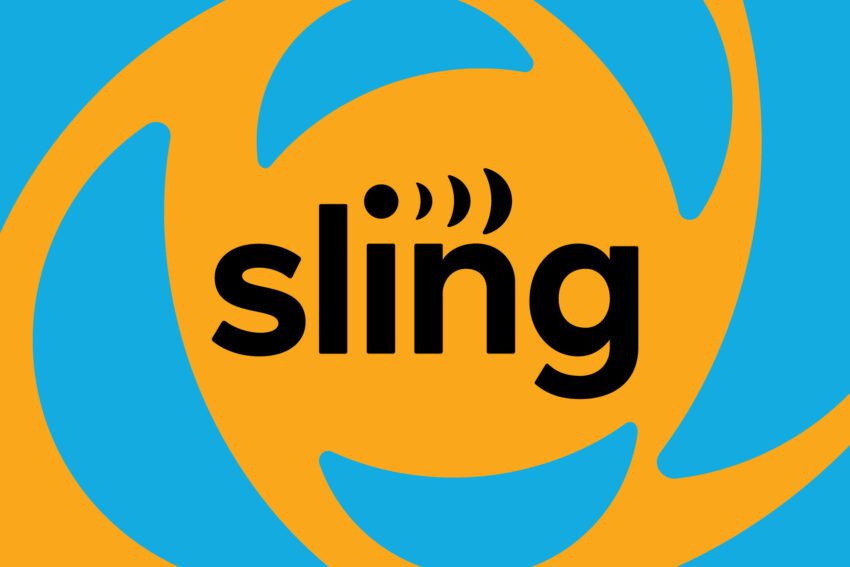
disney loses bid to block sling tv A federal judge in New York has denied Disney’s request to block Sling TV’s innovative one-day cable passes, a decision that could reshape the landscape of streaming services and consumer access to live television.
disney loses bid to block sling tv
Background of the Case
The legal battle between Disney and Sling TV began shortly after Sling TV introduced its short-term passes, allowing viewers to access live content for as little as one day. This service, priced at a minimum of $4.99, includes popular channels owned by Disney, such as ESPN, ESPN2, ESPN3, and the Disney Channel. Disney’s lawsuit, filed in response to this new offering, claimed that Sling TV’s passes violated an existing agreement that mandated the streaming service to provide access to its content only through monthly subscriptions.
Disney’s concerns stem from the potential impact these short-term passes could have on its broader business model, particularly as the company has been investing heavily in its own streaming platforms, including ESPN+. The introduction of Sling TV’s one-day passes raised questions about customer retention and revenue generation for Disney, especially given the competitive nature of the streaming market.
The Court’s Ruling
On Tuesday, US District Judge Arun Subramanian issued a ruling that favored Sling TV, stating that Disney had not demonstrated that the one-day passes caused “irreparable harm” to the entertainment giant. The judge noted that Disney’s claims were unlikely to succeed in court, primarily because the contractual agreement between Disney and Sling TV did not specify a “minimum subscription length.” This detail was crucial in the judge’s decision, as it indicated that Sling TV’s new offering fell within the bounds of the existing contract.
Key Points from the Ruling
- Broad Definition of Subscribers: Judge Subramanian highlighted that the agreement’s “broad definition” of a subscriber clearly encompassed users of the one-day passes. This interpretation suggests that Sling TV’s new model does not violate the terms of their contract.
- Lack of Evidence for Harm: The ruling emphasized that Disney failed to provide evidence showing how the one-day passes could damage the company’s reputation or siphon customers from its new ESPN Unlimited service. Judge Subramanian stated, “Disney hasn’t shown it has lost customers due to the Passes.”
- Distribution Model: The judge pointed out that the networks are being distributed on the same platform and in the same manner as before, but now to a broader array of Sling customers. This indicates that the introduction of short-term passes may not significantly disrupt Disney’s existing business model.
Implications for the Streaming Industry
This ruling has significant implications for the streaming industry, particularly for how content providers and distributors negotiate contracts and adapt to changing consumer preferences. The decision underscores the growing trend toward flexibility in content consumption, as viewers increasingly seek options that allow them to pay only for what they want to watch, rather than committing to long-term subscriptions.
The success of Sling TV’s one-day passes could encourage other streaming services to explore similar models, thereby increasing competition in the market. As consumers continue to demand more control over their viewing experiences, traditional media companies may need to adapt their strategies to remain relevant.
Consumer Reactions
Consumer reactions to the ruling have been largely positive, particularly among those who appreciate the flexibility that Sling TV’s one-day passes offer. Many viewers have expressed frustration with traditional cable packages that often include channels they do not watch, forcing them to pay for content they do not need. Sling TV’s approach aligns with a growing desire for customizable viewing options, allowing consumers to pay only for the channels they want to access.
Seth Van Sickel, Sling TV’s senior vice president, commented on the ruling, stating, “For too long, traditional ‘big media’ companies have intentionally stifled innovation and forced customers to pay for more content than they want or need. We believe customers deserve the flexibility to stream the content they want, whenever they want it, at a price they can afford.” This sentiment resonates with many consumers who are looking for more affordable and tailored television options.
Disney’s Ongoing Legal Challenges
Despite the setback in this particular case, Disney’s legal battle with Sling TV is far from over. The entertainment giant’s breach-of-contract lawsuit against the streaming service will continue, and it remains to be seen how the case will evolve. Disney may seek to strengthen its arguments or explore additional avenues to protect its content and revenue streams.
As Disney navigates this legal landscape, the company is also facing challenges from other competitors in the streaming space. The rise of platforms like Netflix, Hulu, and Amazon Prime Video has intensified competition, forcing Disney to innovate and adapt its offerings. The company has been investing heavily in its own streaming services, including Disney+, which has seen significant growth since its launch.
Future of Streaming Contracts
The ruling in favor of Sling TV may prompt a reevaluation of how contracts are structured in the streaming industry. Content providers may need to consider more flexible agreements that account for changing consumer behaviors and preferences. As the landscape continues to evolve, the traditional models of content distribution may be challenged, leading to new opportunities for both consumers and service providers.
Moreover, the decision could set a precedent for future legal disputes in the streaming industry. As more companies explore innovative ways to deliver content, the legal frameworks governing these relationships will need to adapt. This may lead to a more dynamic and competitive environment, ultimately benefiting consumers.
Conclusion
The denial of Disney’s request to block Sling TV’s one-day passes marks a significant moment in the ongoing evolution of the streaming industry. As consumers increasingly seek flexibility and affordability in their viewing options, traditional media companies may need to rethink their strategies to stay relevant. The ruling not only underscores the importance of adapting to consumer demands but also highlights the potential for innovation in content delivery models.
As the legal battle continues, stakeholders in the streaming industry will be watching closely to see how this case unfolds and what implications it may have for the future of content distribution.
Source: Original report
Was this helpful?
Last Modified: November 19, 2025 at 8:39 pm
6 views















